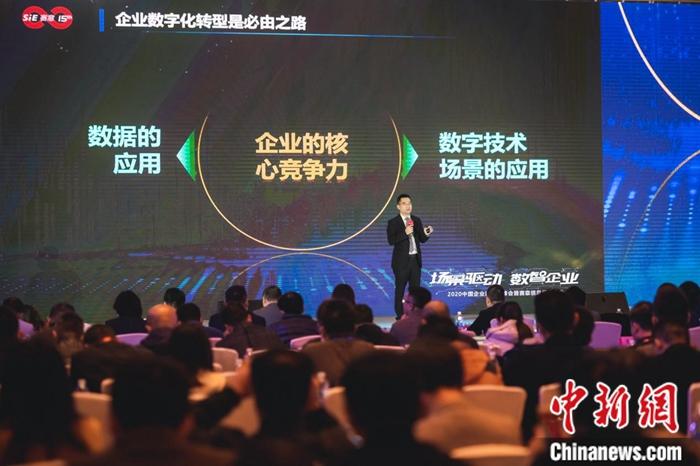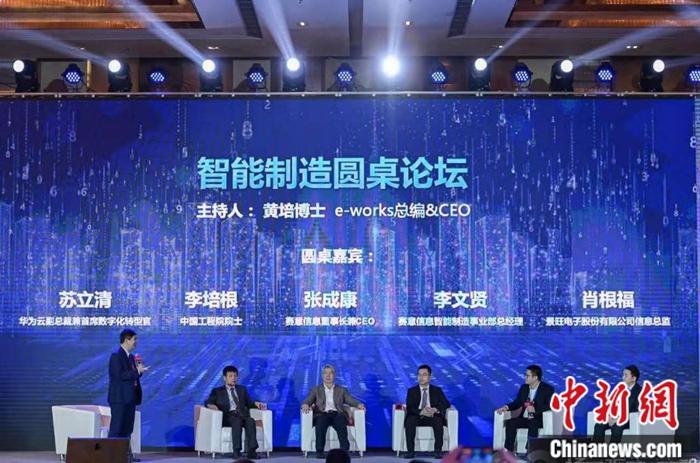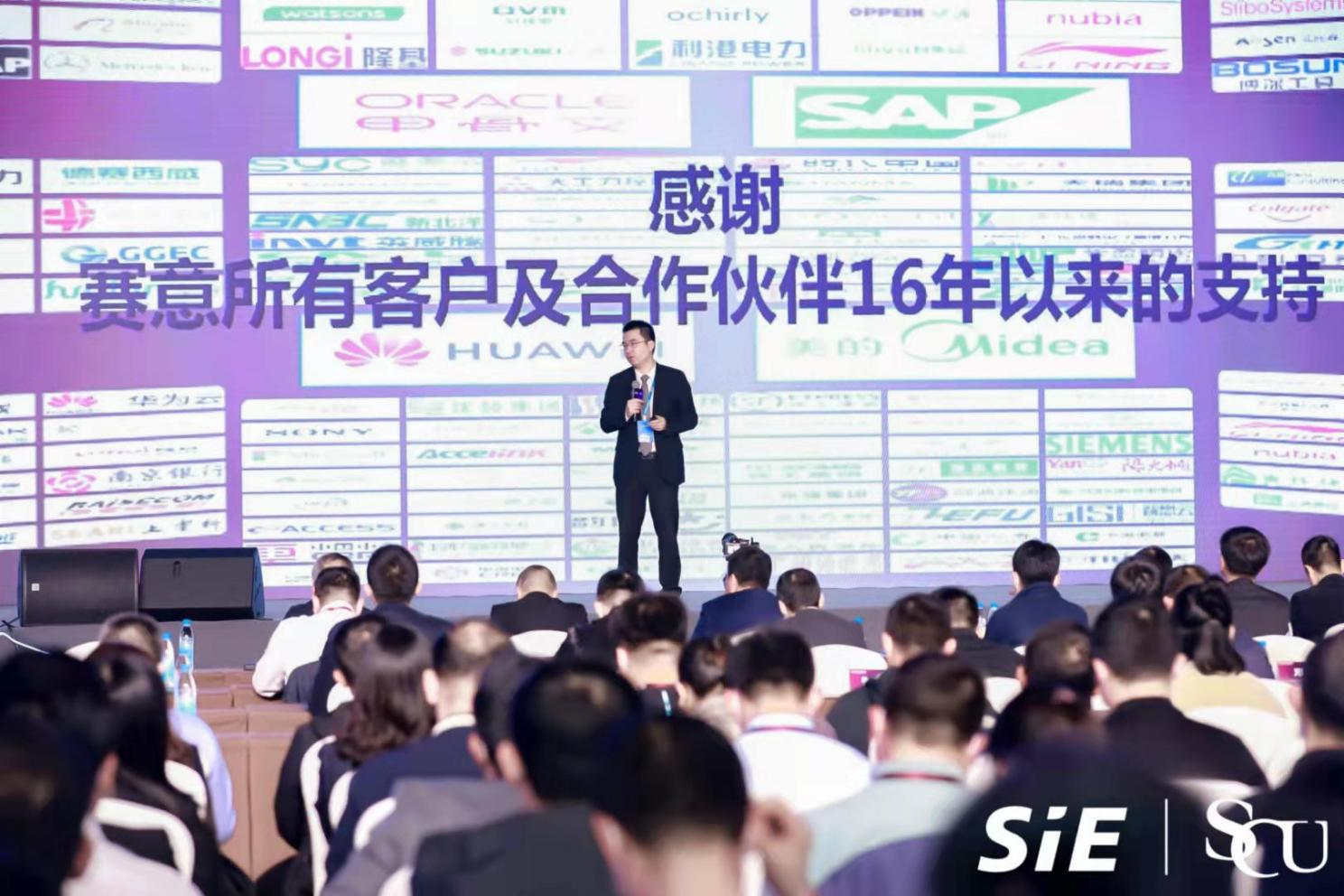The 2020 China Enterprise Digital Summit was held in Foshan, Guangdong from December 18th to 19th. Industry participants pointed out that the COVID-19 since this year has forced manufacturing enterprises to accelerate the pace of digital transformation, creating new advantages for high-quality development.

Since the beginning of this year, the Ministry of Industry and Information Technology of China has promoted the implementation of digital transformation actions in the manufacturing industry, guided enterprises to carry out digital, networked, and intelligent transformation, built industrial internet platforms, strengthened the typical applications of 5G and artificial intelligence in intelligent manufacturing, and accelerated the cultivation of new models and formats in the manufacturing industry.
In Guangdong, following the principle of "enterprises offering more, platforms offering more, and governments providing more", the province promotes the widespread use of cloud platforms by small and medium-sized industrial enterprises through post award compensation. As of now, Guangdong has promoted over 15000 industrial enterprises to implement digital transformation using industrial internet technology, driving 500000 enterprises to "go online and use cloud" to reduce costs, improve quality and efficiency, and promote the transformation and upgrading of the manufacturing industry in the province.

"Digital transformation has become an inevitable trend of enterprise development." At the forum, Li Peigen, an academician of the CAE Member and former president of Huazhong University of Science and Technology, believed that the new generation of information technology and manufacturing industry are integrated and developed, with cloud computing, the Internet of Things, artificial intelligence, virtual reality (VR), augmented reality (AR) and other technologies as representatives, forming an emerging business model. At the same time, the application of digital twins (the mirror of the physical world in the virtual world) is gradually becoming an important trend in the new generation of manufacturing, and 5G and cloud computing platforms are also promoting the birth of more intelligent factories.
After the outbreak of the epidemic this year, some companies with early and high levels of digital transformation have been relatively less impacted, and many have also achieved growth against the trend. At the same time, many traditional enterprises have been greatly impacted, especially many small and medium-sized enterprises, which are particularly sensitive to the external environmental changes brought about by the epidemic and face significant survival pressure.
"The COVID-19 has brought impact and restraint to China's manufacturing industry in the short term, but it has promoted the digital transformation of enterprises in the long term." Zhang Chengkang, chairman and CEO of SiE Information, believes that China needs to achieve digital "intelligence" to transform from a traditional manufacturing power to a manufacturing power. If you don't embrace digital transformation in advance, you may miss the opportunity. Although you are currently a leader in the industry, you may fall behind in 5 years due to efficiency issues
Zhang Chengkang stated that in the era of the Internet of Things and the perception of everything, customized business scenarioses can enable enterprises to digitize and efficiently land. He believes that large-scale scenarioses represented by unmanned factories can form highly automated mass production based on "human-machine electrical software integration" through human-machine collaboration in manufacturing processes and the application of new technologies, reducing production costs and personnel dependence.
Su Liqing, Vice President and Chief Digital Transformation Officer of Huawei Cloud, believes that with the development of 5G and Industry 4.0, industrial big data will inevitably emerge, and OT (operational technology) data and IT (information technology) data will also form a fusion, playing an important role in the new digital transformation of the manufacturing industry.








